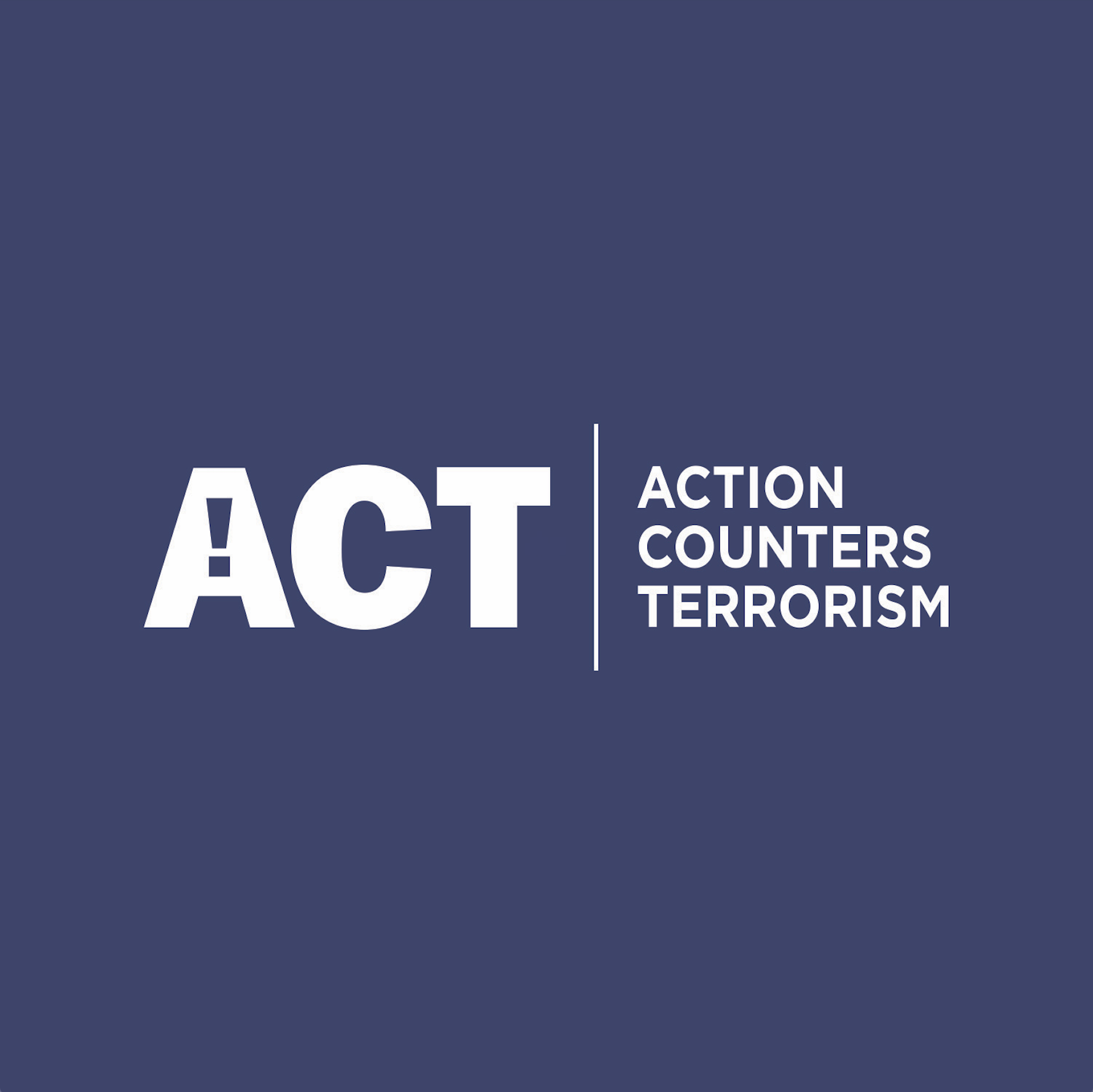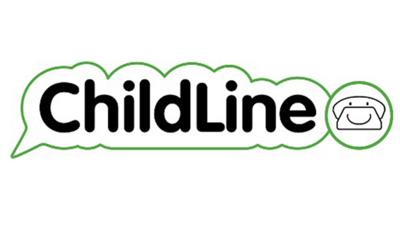Safeguarding
Beaver Road's Designated Safeguarding Leads (DSLs)
 |
 |
 |
 |
 |
| Liz Hardy Safeguarding Lead |
Michael Davenport Deputy Safeguarding Lead |
Ruth Byrne CLA Lead |
Tina Smith Compliance |
Lucy Noden SEN |
|
|
 |
 |
 |
 |
|
Hilary Silva |
Stephanie Reding |
Melissa Ulett |
Serena Powell |
Ruth Pearson |
Link Governor: Pauline Black
Link Trustee: David Allan
Safeguarding children is defined as:
- The actions we take to promote the welfare of children and protect them from harm are everyone’s responsibility. Everyone who comes into contact with children and families has a role to play.
Safeguarding and promoting the welfare of children is defined as:
- Protecting children from maltreatment
- Preventing impairment of children’s health or development
- Ensuring that children grow up in circumstances consistent with the provision of safe and effective care
- Taking action to enable all children to have the best outcomes
Safeguarding is not just about protecting children from deliberate harm. It also relates to broader aspects of care and education including but not limited to:
- Pupils’ health and safety and well-being, including their mental health
- Meeting the needs of children with special educational needs and/or disabilities
- The use of reasonable force
- Meeting the needs of children with medical conditions
- Providing first aid
- Educational visits
- Intimate care and emotional wellbeing
- Online safety and associated issues
- Appropriate arrangements to ensure school security, taking into account the local context
Safeguarding can involve a range of potential issues such as:
- Neglect, physical abuse, sexual abuse and emotional abuse
- Bullying, including online bullying (by text message, on social networking sites, etc) and prejudice based bullying
- Racist, disability and homophobic or transphobic abuse
- Gender based violence/violence against women and girls
- Extremist behaviour and/or radicalisation
- Child sexual exploitation and trafficking
- The impact of new technologies, including ‘sexting’ and accessing pornography
- Teenage relationship abuse
- Substance misuse
- Issues which may be specific to a local area or population, for example gang activity and youth violence
- Particular issues affecting children including domestic violence, female genital mutilation and honour based violence and forced marriage
Our school aims to provide a child centred and coordinated approach to safeguarding, in which a vigilant culture provides children with a safe environment. If there are safeguarding concerns we will respond with appropriate action in a timely manner for those children who may need help or be suffering, or likely to suffer, significant harm. All school staff are trained annually in safeguarding, and children are encouraged to share any concerns they may have. If you are worried about a child who may be suffering from harm you can make a referral to Children's Services, via Manchester's Safeguarding Partnership.
Our ethos is that the effective safeguarding of children can only be achieved by putting children at the centre of a system where we listen and hear what they say. Every individual within Beaver Road Primary School will play their part, including working with professionals from other agencies, to meet the needs of our most vulnerable children and keep them safe. We take opportunities to teach children about important safeguarding issues in a way that is age and stage appropriate and are committed to working and sharing information with other schools, professionals and agencies using CPOMS.
.
Operation Encompass
Beaver Road Primary School is proud to be part of a joint project between local schools and Greater Manchester Police. This project is called Operation Encompass. It aims to support children who are affected by domestic violence by ensuring that their school is informed. This allows the school to support the children.
Operation Encompass directly connects the police with schools to secure better outcomes for children who are subject or witness to police-attended incidents of domestic abuse. Rapid provision of support within the school environment means children are better safeguarded against the short-, medium- and long-term effects of domestic abuse.
What is the purpose of Operation Encompass?
Operation Encompass provides an efficient, confidential channel of communication between police forces and key adults within schools. This enables the immediate and discrete recognition of the child's situation by the key adult, ensuring a secure and sympathetic environment is provided and the broader effects of abuse are addressed.
Who is Operation Encompass?
Operation Encompass is a charitable organisation set up in 2011, which has since enabled effective interventions to many thousands of children who've experienced domestic abuse. Our volunteers, trustees, and patrons are working tirelessly to ensure that police and schools throughout the country are able to address victims of domestic abuse consistently and coherently.
What does Operation Encompass deliver?
Operation Encompass is a police and education early information sharing partnership enabling schools to offer immediate support for children and young people experiencing domestic abuse. Information is shared by the police with a school's trained key adult (DSL) prior to the start of the next school day after officers have attended a domestic abuse incident thus enabling appropriate support to be given, dependent upon the needs and wishes of the child.
Children experiencing domestic abuse are negatively impacted by this exposure; domestic abuse has been identified as an Adverse Childhood Experience and can lead to emotional, physical and psychological harm. Operation Encompass aims to mitigate this harm by enabling immediate support, making a child's day better and giving them a better tomorrow.
Operation Encompass believes that children are victims of domestic abuse in their own right and should be acknowledged as such.
Please see the weblinks below for detailed information on each of the organisations listed. Please note the new NSPCC Peer-On-Peer Abuse dedicated helpline number 0800 136 663.
 Beaver Road Primary School
Beaver Road Primary School



